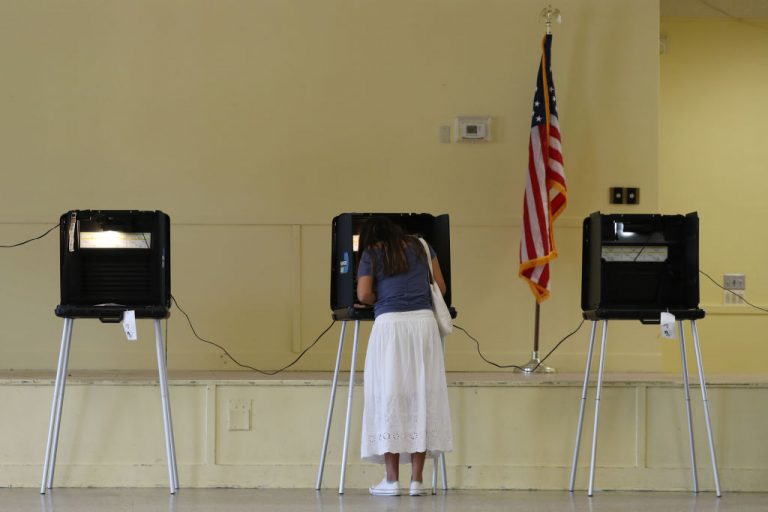Several voter fraud probes are underway in various Florida counties amidst a legal tug of war surrounding the participation of dozens of ineligible offenders in the 2020 Presidential Election.
The flagged group involves convicted felons who were ineligible to participate in the 2020 election despite a 2018 amendment to state law that theoretically allowed all Floridians, even some 1.5 million formerly-incarcerated individuals, provided they were not convicted of sex crimes or murders, to vote.
The amended legislation can be considered theoretical simply because of obstructions and legal disputes posed by several state lawmakers that has slowed implementation of the new rules.
“As such, it is quite possible that some individuals who voted in the 2020 General Election had not satisfied all legal, financial obligations or were otherwise ineligible under the parameters of the restoration of voting rights framework,” Mallory Morgan, who spoke on behalf of Secretary of State Laurel Lee, told Politico.
Exactly what caused the failing screening procedure of eligible votes, is currently unclear. Morgan only asserted that the Department is well on its way to addressing the problem in the future.
READ MORE:
- Only 17.5 Percent of Eligible Voters Cast Ballots In Texas Midterm Primaries
- NYT Loses Motion to Dismiss in Libel Suit On Project Veritas Ilhan Omar Ballot Harvesting Report
- Florida Bill Banning Big Tech from Censoring Politicians Approved in House and Senate
Success
You are now signed up for our newsletter
Success
Check your email to complete sign up
“Eligibility screening continues without ceasing and the Department is hopeful that new FTE positions sought in this year’s budget will assist with this work, which expanded significantly in terms of time and complexity following the passage of Amendment 4 in 2018,” Morgan said.
According to the outlet, counties involved in the voting controversy include Alachua, Duval, Gadsden, Leon, and Lake.
Ongoing investigations
The investigations are at various stages, with several reports passed on to local prosecutors, the Law Enforcement Department, and to the Florida Department of State.
The case started to gain traction when Mark Glaeser, an independent data investigator from Gainsville, compared the list of voters against registered sex offenders and convicts at the Alachua County Correctional Institution.
Election crime police force
Earlier this month, Floridian lawmakers even went as far as to forge legislation that would create a counter election fraud taskforce, albeit that Governor Ron DeSantis, who championed the plan, had to settle for a $2.5 million funding instead for the $6 million he set out for, The Washington Post reported.
The money was intended to create an Office of Election Crimes and Security to “investigate, detect, apprehend, and arrest anyone for an alleged violation” of election laws, DeSantis wrote.
During his State of the State address, DeSantis said: “To ensure that elections are conducted in accordance with the rule of law, I propose an election integrity unit whose sole focus will be the enforcement of Florida’s election laws.”
“This will facilitate the faithful enforcement of election laws and will provide Floridians with the confidence that their vote will matter.”
Last month’s legislation, which is a follow-up on last year’s voting law, considers ballot harvesting a felony that can earn offenders up to a $50,000 fine and five years in prison.
“The whole point of this bill is to deter people from committing fraud,” said state Rep. Daniel Perez, a fellow Republican who defended the bill at that time.
“We’re trying to stop the bad actors,” he added.
In the 2020 Presidential Election, nearly 11 million Floridians cast a ballot, after which 262 election fraud complaints were filed with the State Department. 75 were forwarded to prosecutors and law enforcement agencies.















